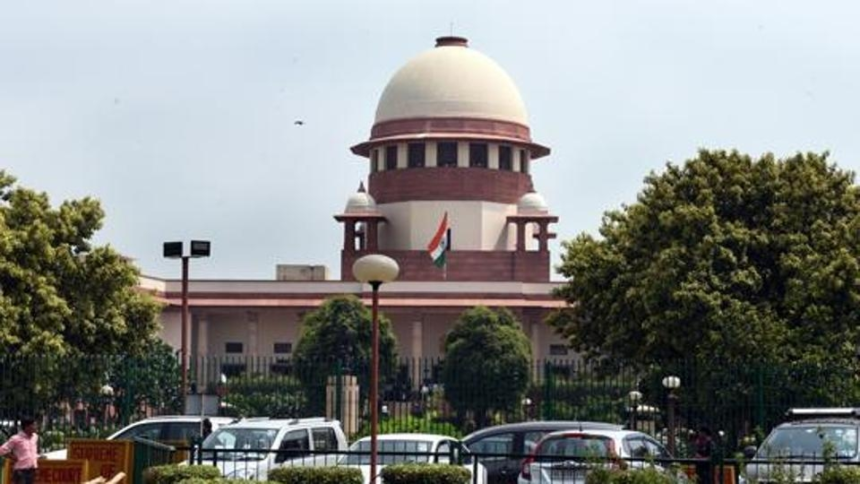
July 31, 2023
In a significant move towards seeking accountability and justice, the Supreme Court of India heard the Centre’s request to transfer the harrowing case of two women who were paraded naked in strife-torn Manipur to a different state. During the proceedings, the Court raised pertinent questions about the pervasive issue of crimes against women across the country.
Chief Justice of India, DY Chandrachud, posed a crucial query to the authorities, asking, “Are you saying protect all daughters of India or don’t protect anyone?” The Court emphasised that no part of the country should be excused for such heinous crimes, and the responsibility lies in safeguarding women across the nation.
Senior Advocate Kapil Sibal, representing the survivors, highlighted the need for confidence in the investigation. The Government stated it has no objection to the Supreme Court monitoring the probe, revealing that it lacks the data on the number of registered cases, which reflects the concerning state of affairs.
The Court directed the Centre and the Manipur government to provide information on six essential points, including the break-up of cases, zero FIRs, transferred cases, arrests made so far, status of legal aid to the accused, and recorded Section 164 statements. The judges reiterated that the offences against women are “horrendous” and expressed their reservations about the case being handled by Manipur police.
Allegations against the police collaborating with the perpetrators further heightened the gravity of the situation. The survivors had sought protection from the police, but instead, they were taken to the crowd where the violence unfolded.
The Court raised concerns about the delay in registering an FIR after the incident on May 4, with the FIR being filed only on May 18. Justices J B Pardiwala and Manoj Misra emphasized the need for a broader mechanism to prevent such incidents, stressing that the sexual assault case was part of a larger issue of systemic violence.
Drawing comparisons to the Nirbhaya case, the Court pointed out that this situation is not an isolated incident but indicative of systemic violence recognized as a special offence by the IPC. This perspective reinforced the need for specialized teams to address such sensitive and complex matters.
The Court asserted the necessity of a “healing touch” in Manipur to restore faith in the administration and proposed a court-appointed team with no political alignment to oversee the investigation.
This landmark case and the Supreme Court’s rigorous scrutiny bring hope for the survivors and victims of gender-based violence in the country. The Court’s efforts to seek accountability and justice serve as a clarion call for a more comprehensive approach to tackle the pervasive issue of crimes against women. As the case continues to unfold, the nation watches with anticipation, hoping for a more secure and equitable society for all its citizens.







